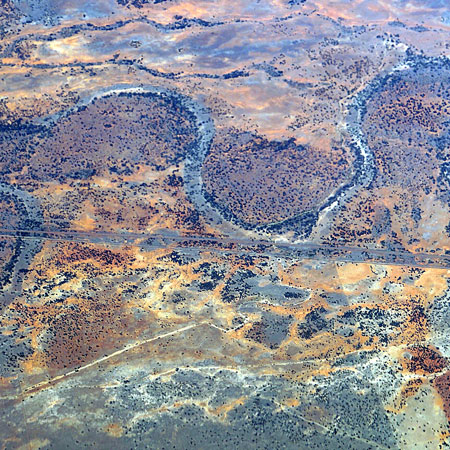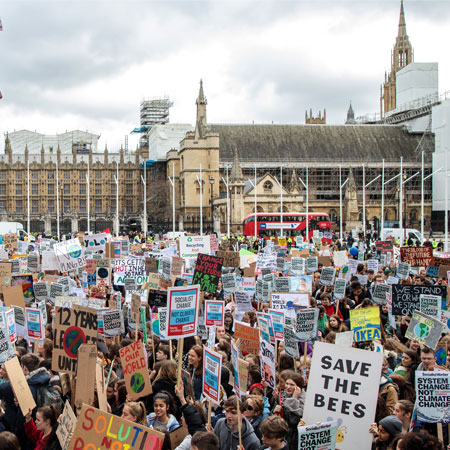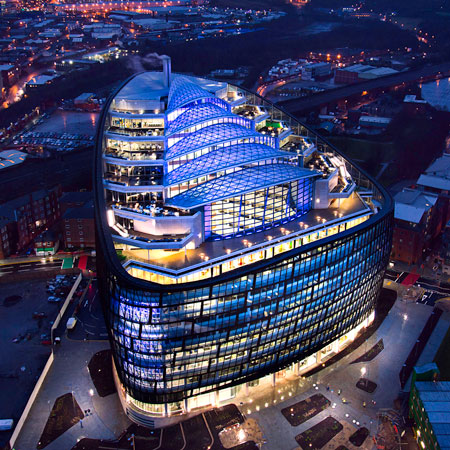The coronavirus pandemic has shown us how small and vulnerable we are as people. It reminds us that we are not the caretaker of nature: we are nature, and attempts to exploit that economically is us destroying ourselves. We must see Covid-19 as a tipping point – it’s a chance to reset our mindset and see that wellbeing must be the priority (and remain a lasting legacy).
The overall impact of coronavirus on how we live and work will be immediate because of human nature. Our brains are programmed to react to huge and fast-appearing crises such as Covid-19. In contrast, we are not wired to react to a crisis – however large – that is accumulating very slowly and beneath the surface.
We will react to the coronavirus because our health is threatened but this crisis also needs to make us more conscious of the slower, more hidden, accumulating crises, such as climate change, loss of biodiversity, water shortage and the overuse of natural resources.
Focus on sustainability
To respond to these challenges, it will be more important than ever for all businesses to be fully focused on being sustainable. Those that resist will struggle because stakeholders – whether customers, partners or suppliers – will turn their backs on them. The younger generation is already making decisions as to who they want to work for based on these criteria. There will be little future for companies which destroy overall more value than they create.
For real estate, Covid-19 has shown us that this industry is not in the business of buildings. These might be the assets you use to achieve your goals, but real estate is in the business of facilitating the evolution of both the workplace and home in people’s lives.
Success cannot be reduced to short-term goals measured by key performance indicators; real estate is creating places for families to live, socialise and work sustainably, and, therefore, totally linked to their health and wellbeing, not enough players recognise or are aware of that.
Shared goals
Like other sectors, real estate companies need to align with the 17 Sustainable Development Goals of the United Nations. These help to create transparency and accountability to ensure we are all playing our part in addressing the major global challenges from affordable and clean energy to high quality education, and sustainable cities and communities.
The goals help companies measure their own impact and contribution between the walls of their own company, but also in the supply chain to understand the social, ecological and financial impact on all stakeholders, including society and our planet.
We still face the greater crisis of climate change and this needs leadership for the long term
This is a crucial moment for the evolution of sustainable businesses, and we must use it wisely. As we emerge from the pandemic, we are still facing the greater crisis of climate change and this needs leadership for the long term from sustainable companies that address the interests of all stakeholders for the next generation.
For this reason, every stakeholder in the real estate industry should be familiar with the Global Risk Report 2020 from the World Economic Forum, which shows that eight out of the 10 global risks with a draconic impact are ecology-based: problems caused by people and companies.
Sadly, if we look back in history to major crises such as we are experiencing now, any new partnerships and shifts in behaviour often disappear when the situation comes back under control. Going back to business as usual would be a tragedy, and the price of the next crisis from Mother Nature will be higher.




